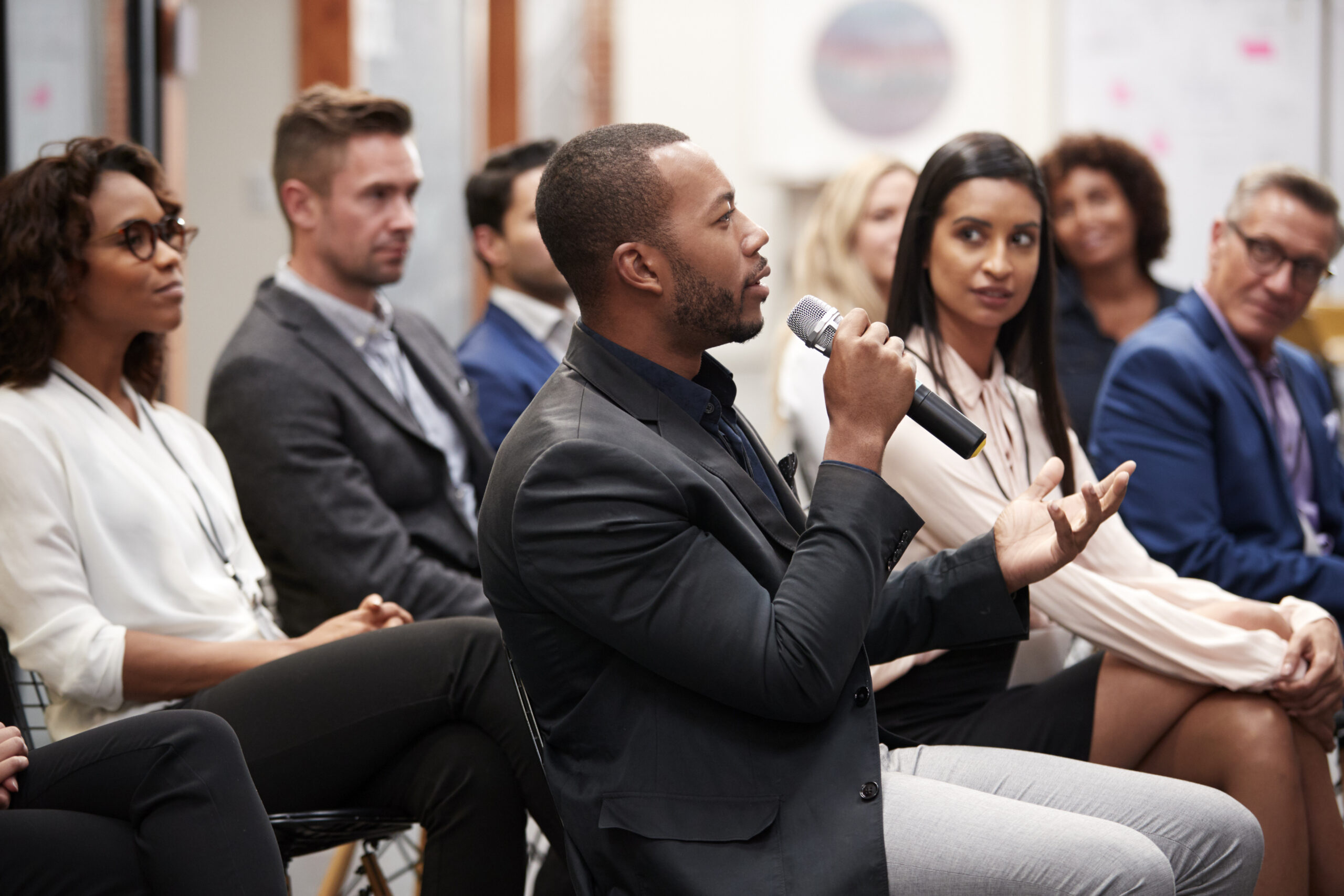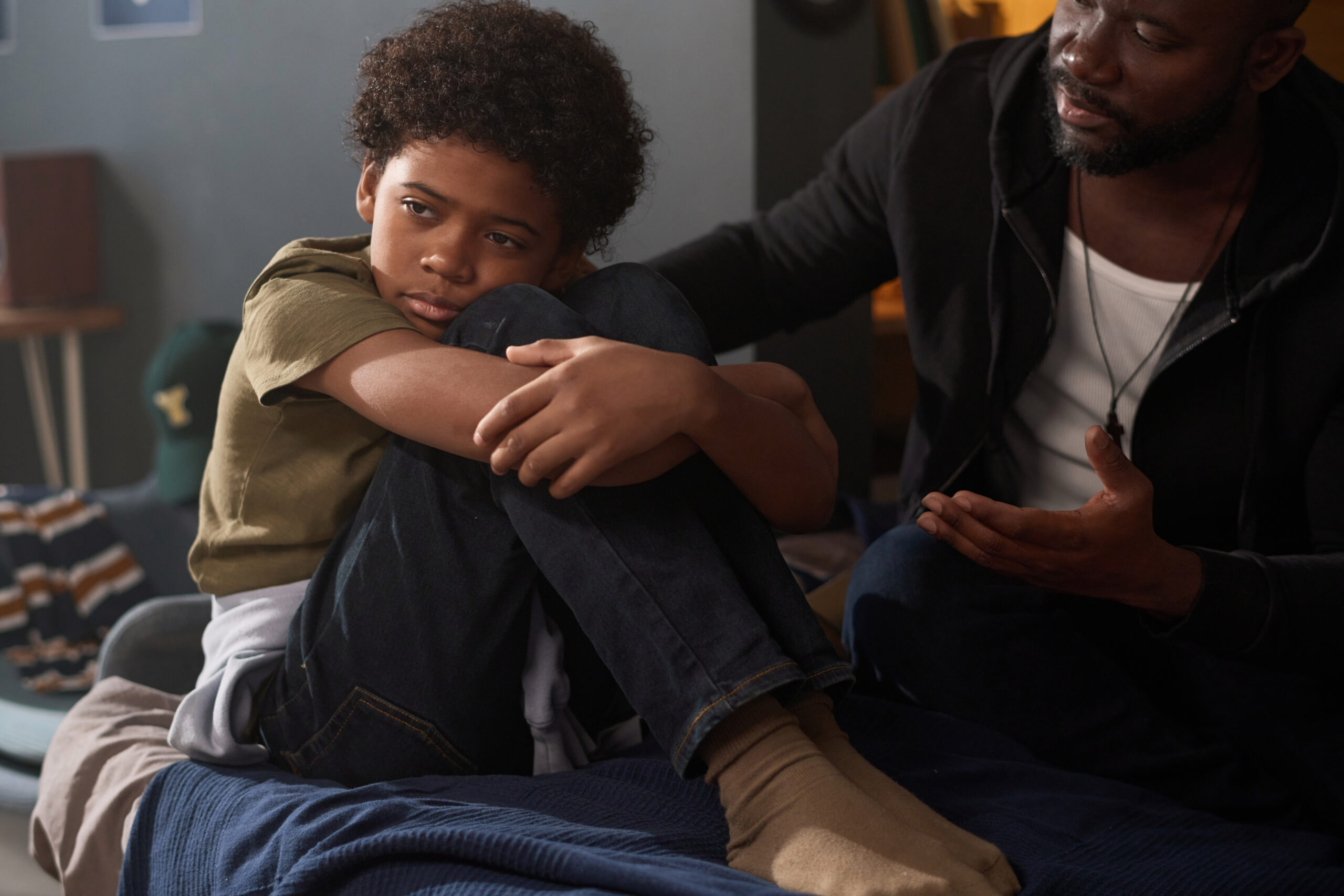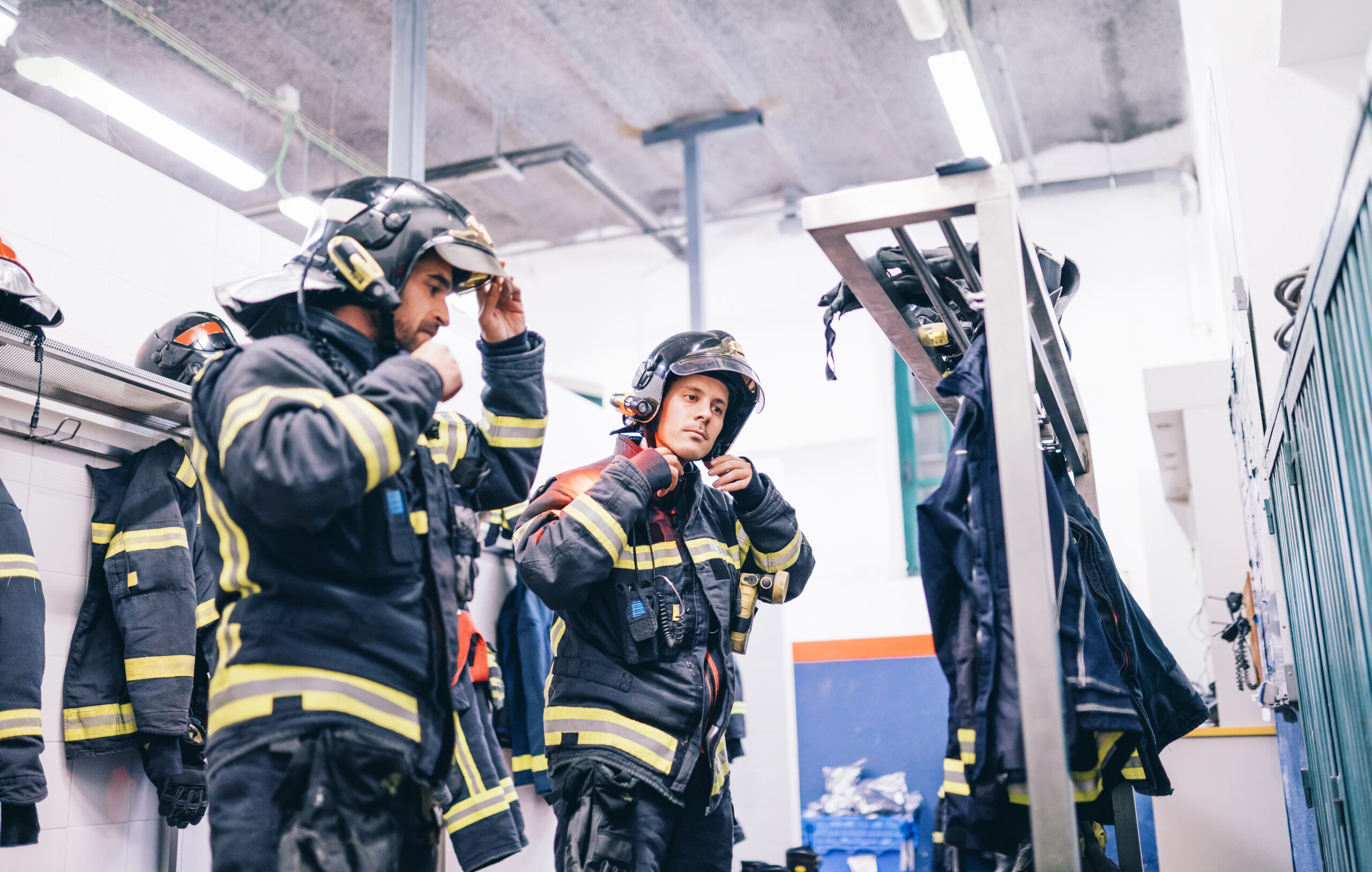New research suggests that trauma exposure can lead to significant changes in the brain, making…

Sharing your story
Sharing your personal experiences or “story” with others can be incredibly empowering. However, it’s essential to approach this in a safe, purposeful, and effective manner. This tip sheet is designed to assist you in making informed and intentional decisions regarding how and when to share your personal narratives.
What are some ways you can share your story?
There are several ways to convey your story as a victim, survivor, or family member affected by a mass violence incident (MVI). Sharing your experiences can enhance others’ understanding of the profound effects of MVIs and contribute to the healing and recovery of fellow survivors. Here are a few examples:
- Deliver speeches at public events
- Offer peer support
- Mentor at support group meetings
- Organize or take part in community initiatives
- Present at small group gatherings
- Join task forces aimed at policy reform
- Serve as a spokesperson in the media
- Engage in discussions on online forums or social media platforms
What are reasons to share your story?
Victims, survivors, and family members have diverse reasons for sharing their stories. Before you share, it’s essential to clarify your motivations and consider how they align with your recovery goals. Sharing is a deeply personal journey that can be beneficial in various ways, such as:
- Individualizes the experience of loss and trauma
- Acknowledges the profound effects of motor vehicle incidents (MVIs) on survivors, their families, and communities
- Assists in finding clarity and meaning from personal experiences
- Challenges stereotypes and misconceptions, while diminishing stigma
- Encourages creative thinking and uncovers new avenues for recovery
- Fosters connections and cultivates a supportive community
- Can inspire personal growth and transformation in oneself and others
- Enhances awareness of one’s cultural background and identity
Other ways to get involved
While sharing your experience is one way to engage after going through a motor vehicle incident (MVI), several other options are available. These alternatives can be beneficial if you feel unprepared to share your story, if the timing isn’t right, or for any other reason. Other ways to get involved include:
- Advocating for change
- Participating in or helping to organize community events
- Volunteering with non-profit organizations
- Joining a task force focused on policy change
- Organizing a team for local events (such as walks, runs, arts activities, or any events that raise public awareness about MVIs)
- Engaging in fundraising efforts.



